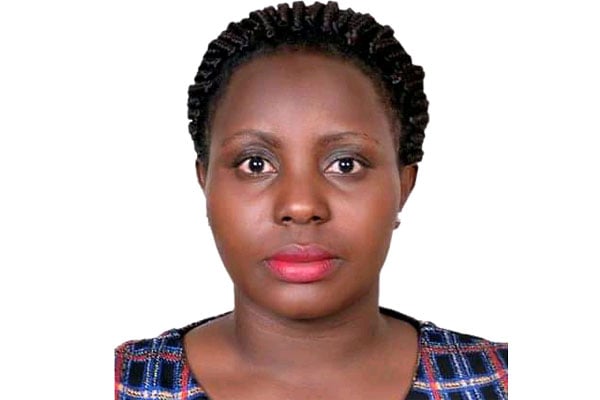Prime
Experts warn of rising fake DNA test results

Ms Judith Oboma, the Managing director of Jowa Health Specialized Laboratory. Photo | Tony Abet
What you need to know:
- Ms Judith Oboma, the managing director of Jowa Health Specialised Laboratory, one of the facilities where DNA testing is done in Kampala, said fake DNA results can be a result of malpractices of medical workers.
Analysis of genetic materials, deoxyribonucleic acid (DNA), has become the test of choice to resolve disputed parentage and kinship in the country but experts warn some results can be fake.
Ms Judith Oboma, the managing director of Jowa Health Specialised Laboratory, one of the facilities where DNA testing is done in Kampala, said fake DNA results can be a result of malpractices of medical workers.
“It is very hard to forge a DNA result because it is not a simple thing where you report negative or positive because here you are analysing the DNA trend and you are comparing [DNA] of two people,” she said.
She explained that the machine does that analysis automatically and the only thing she does as a technician is to put the sample in the machine and wait for the result. The sample is obtained from the hair, blood or other body tissue of the person.
“Fake DNA results come about when people want a shortcut. A person will want a DNA result and will walk to a place where they know people don’t do DNA tests. And maybe because you already have a relationship with the medical personnel, so the person will go ahead and take a sample,” she said.
“And in that process, it is very easy for either the person who is taking off the sample to mess up because it is not their field. The sample can be taken to the lab, or the person can easily forge the results because he has already talked to his colleague and he either wants the result to come out when the child is not his because he doesn’t want responsibility,” she added.
According to Lancet Laboratories Uganda, another facility that does DNA testing, paternity tests are based on individual genetic variability and the result accuracy in credible laboratory testing is very high at 99.9 percent.
“Most individuals are likely to have two different variants of a particular gene. A child will therefore inherit 50 percent of the genes from the mother and 50 percent from the biological father,” the firm said.
“Although paternity can be excluded when only the child and alleged father are tested, a false inclusion of paternity or a statistically inconclusive result may be obtained if the mother is not tested. In this eventuality the report will not be released until the mother’s blood is received. Only when the statistics are over 99.95 percent will the report be released as a biological match,” the agency said.
“If a result of 99.95 percent or higher is obtained by simply testing the alleged father and child it is NOT a legally binding paternity report. This will not be valid in a court of law. Again, the mother’s blood is required to complete the family picture. Because of the reasons stated here it is strongly recommended that the mother is tested at the beginning of the process to avoid such delays and resulting in a legally binding report,” Lancet said.
Mr Eric Atalao Dradrio, the acting commissioner of the Government Analytical Laboratory, said servicing the machine and obtaining the reagents alone are very expensive.
Most facilities charge somewhere from Shs320,000 to Shs350,000 per head.
“We service it annually and it costs us about $29,000 (Shs74.6m). We buy new reagents after every three months, and these reagents cost Shs80m,” he said when explaining why the tests are expensive.




